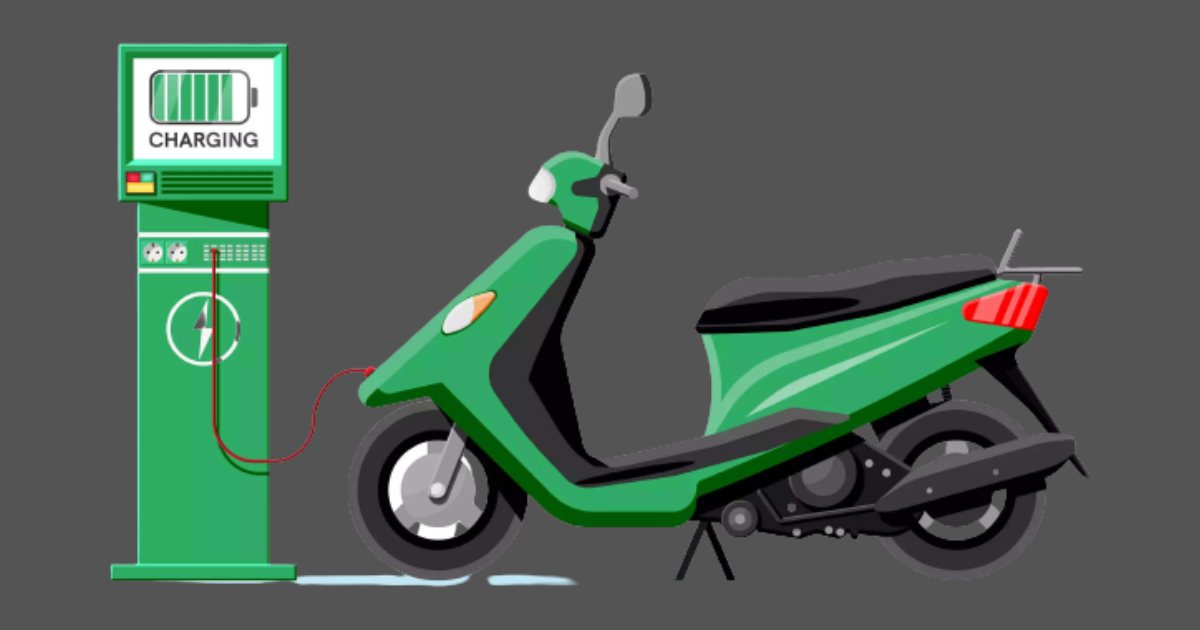A recent investigation conducted by the Automotive Research Association of India (ARAI) has uncovered a startling revelation about electric two-wheelers sold under the FAME-II scheme in India. The investigation found that nearly 50% of the electric two-wheelers sold since April last year were accompanied by false claims of localisation.
As a result of this discovery, the government has taken action by reducing the total number of beneficiaries under the FAME-II scheme by approximately 43%. The Ministry of Heavy Industries (MHI) has reportedly slashed the number of beneficiary two-wheelers from around 989,000 to about 564,000.
The probe conducted by ARAI revealed that several original equipment manufacturers (OEMs) relied on imports for crucial components such as electric motors, controllers, and chargers. These companies allegedly provided incorrect information regarding the locally sourced content of their vehicles.
Under the FAME-II scheme, companies are required to follow a phased manufacturing plan (PMP) that aims to increase the localization of parts in electric vehicles. This measure is intended to promote local manufacturing and reduce reliance on imports. However, many two-wheeler makers have reportedly failed to adhere to the PMP and misreported the percentage of locally manufactured parts in their electric vehicles.
Companies like Ola Electric, Ather Energy, Hero Electric, and Okinawa Autotech have previously faced accusations of violating localisation norms and manipulating prices to avail subsidies under the FAME-II scheme.
Despite the government withholding subsidies worth approximately INR 1,400 crore for over 400,000 electric two-wheelers sold under the FAME-II scheme since April 2022, these vehicles were still included in the official tally. However, they have now been removed from the tally following the discovery of false localisation claims.
This development has had implications for the FAME-II scheme, with the Ministry of Heavy Industries shifting its focus to promoting electric buses over consumer vehicles. Budgetary allocations have been adjusted accordingly, with increased funding for electric buses and a reduction in per-unit subsidies for electric two-wheelers. These changes are expected to result in price increases of INR 25,000-40,000 for electric two-wheelers, making them less affordable for many customers.
The impact of the irregularities in the FAME-II scheme has also been reflected in electric vehicle registrations, with a 23% month-on-month decline in April 2023. The number of registered two-wheeler electric vehicles dropped to 66,410 units in April compared to 86,187 units in March.



![[CITYPNG.COM]White Google Play PlayStore Logo – 1500×1500](https://startupnews.fyi/wp-content/uploads/2025/08/CITYPNG.COMWhite-Google-Play-PlayStore-Logo-1500x1500-1-630x630.png)